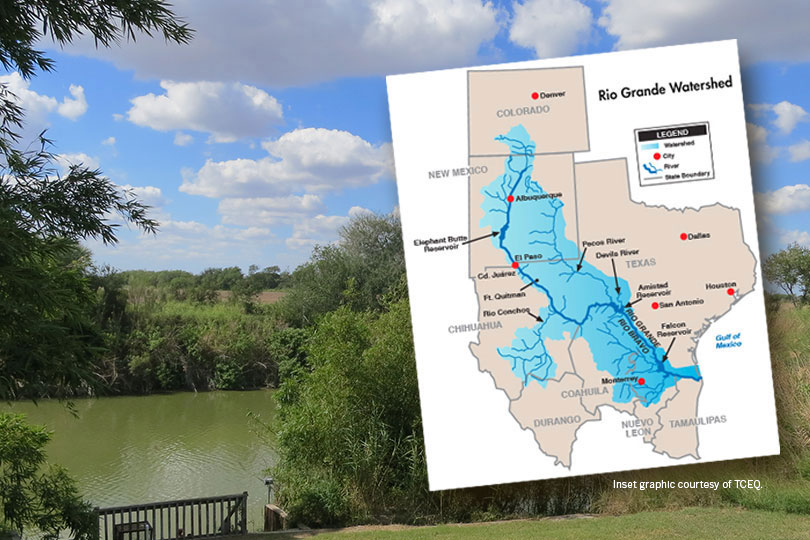By Jessica Domel
Multimedia Report
A Supreme Court case involving Texas, New Mexico, Colorado, the federal government and water from the Rio Grande is slowly moving forward. This week, the Supreme Court of the United States (SCOTUS) announced their decision to let the U.S. join Texas’ lawsuit to defend its “distinctively federal interests.”
Colorado is named in the suit simply because it is a party to the compact.
Lawyers for Texas and the U.S. argued Jan. 8 the federal government should be allowed to represent its federal interests in the suit against New Mexico and Colorado, because the water is delivered to Elephant Butte Reservoir, which is federally run.
Justice Neil Gorsuch delivered SCOTUS’ decision Monday.
“Our role in compact cases differs from our role in ordinary litigation,” the Opinion of the Court said. “The Constitution endows this court with original jurisdiction over disputes between the states. And this court’s role in these cases is to serve ‘as a substitute for the diplomatic settlement of controversies between sovereigns and a possible resort to force.’”
The court decided the U.S. can join the case, because a compact between the federal government and Mexico regarding water from the Rio Grande is inexplicably entwined in the Rio Grande Compact.
“Second, New Mexico has conceded in pleadings and at oral argument that the United States plays an integral role in the compact’s operation,” court documents report. “Third, a breach of the compact could jeopardize the federal government’s ability to satisfy its treaty obligations to Mexico.”
The U.S. has filed claims similar to those filed by Texas.
Texas Attorney General Ken Paxton applauded the court’s decision.
“The Rio Grande plays an integral role in the water supply for Texas’ border regions and farmers, and New Mexico’s illegal actions have deprived Texans of this vital resource,” Paxton said. “I am pleased the Supreme Court delivered an opinion that bolsters our case against New Mexico for taking water from Texas in violation of the Rio Grande Compact.”
The court’s decision is just one of many steps to come in the case.
According to Tiffany Dowell Lashmet, an agricultural law specialist for Texas A&M AgriLife Extension Service, the case will now go back to a Special Master appointed by the court. Discovery and depositions will follow as all parties involved prepare for the case to be heard by SCOTUS.
If Texas wins the case, New Mexico could be ordered to deliver the amount of water agreed to in the Rio Grande Compact.
If New Mexico wins, it’s possible no action would be required, and landowners in New Mexico would be allowed to continue to pump from the river.

